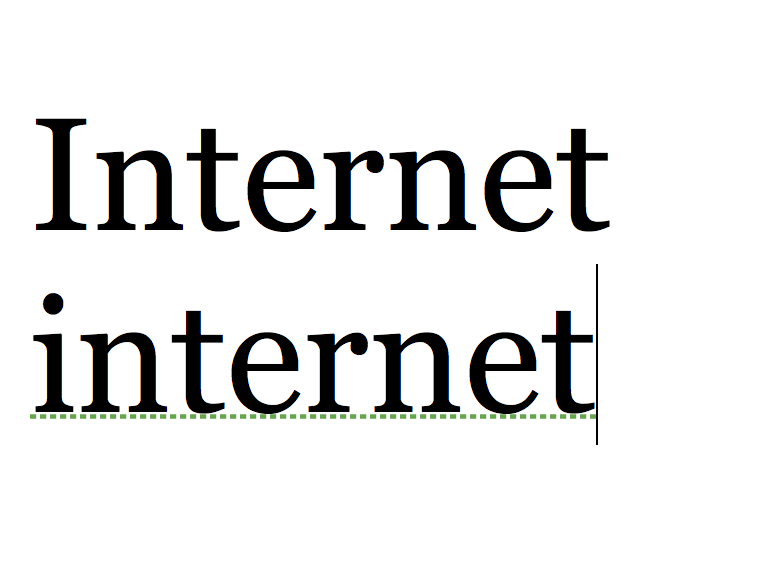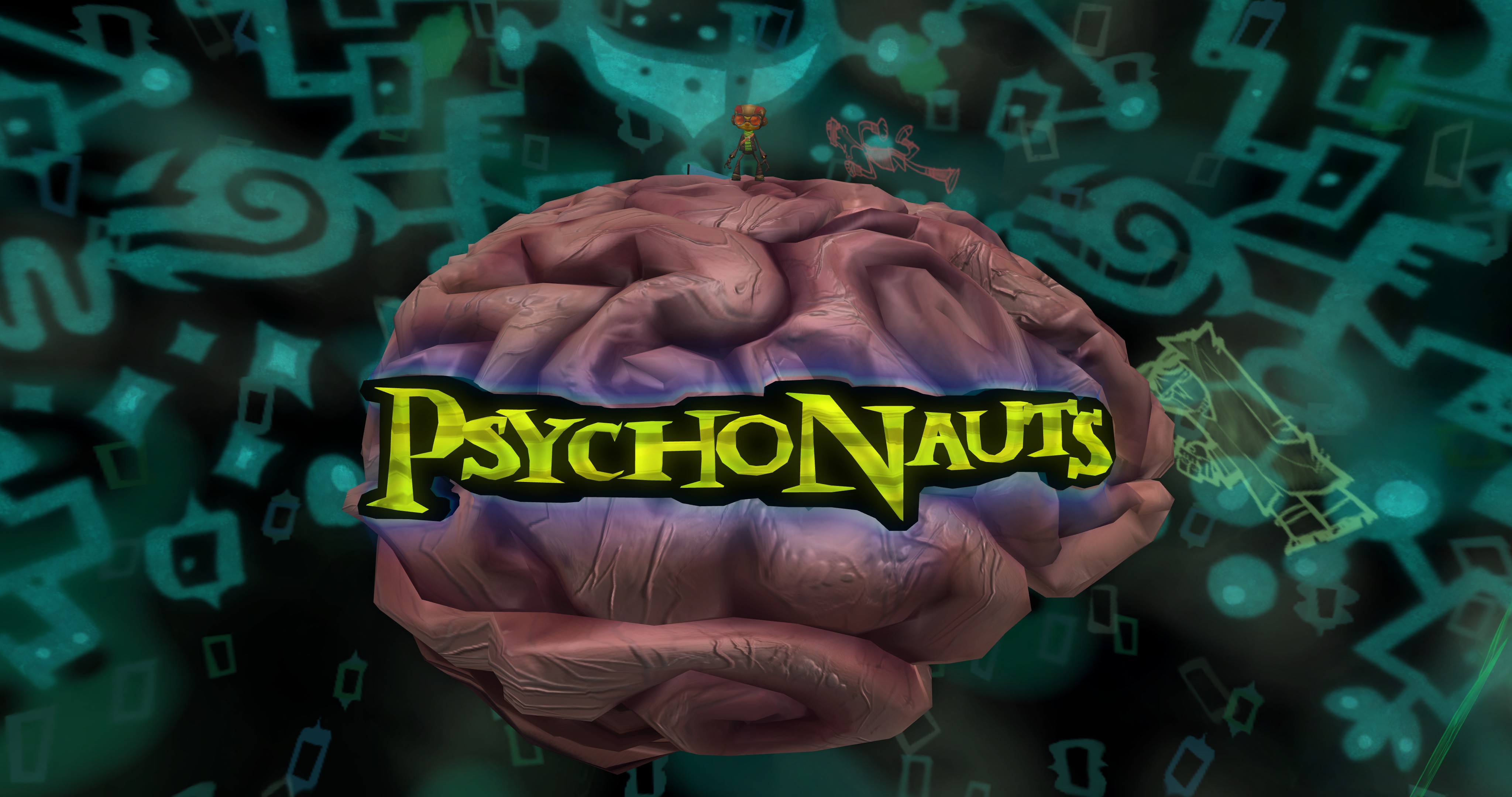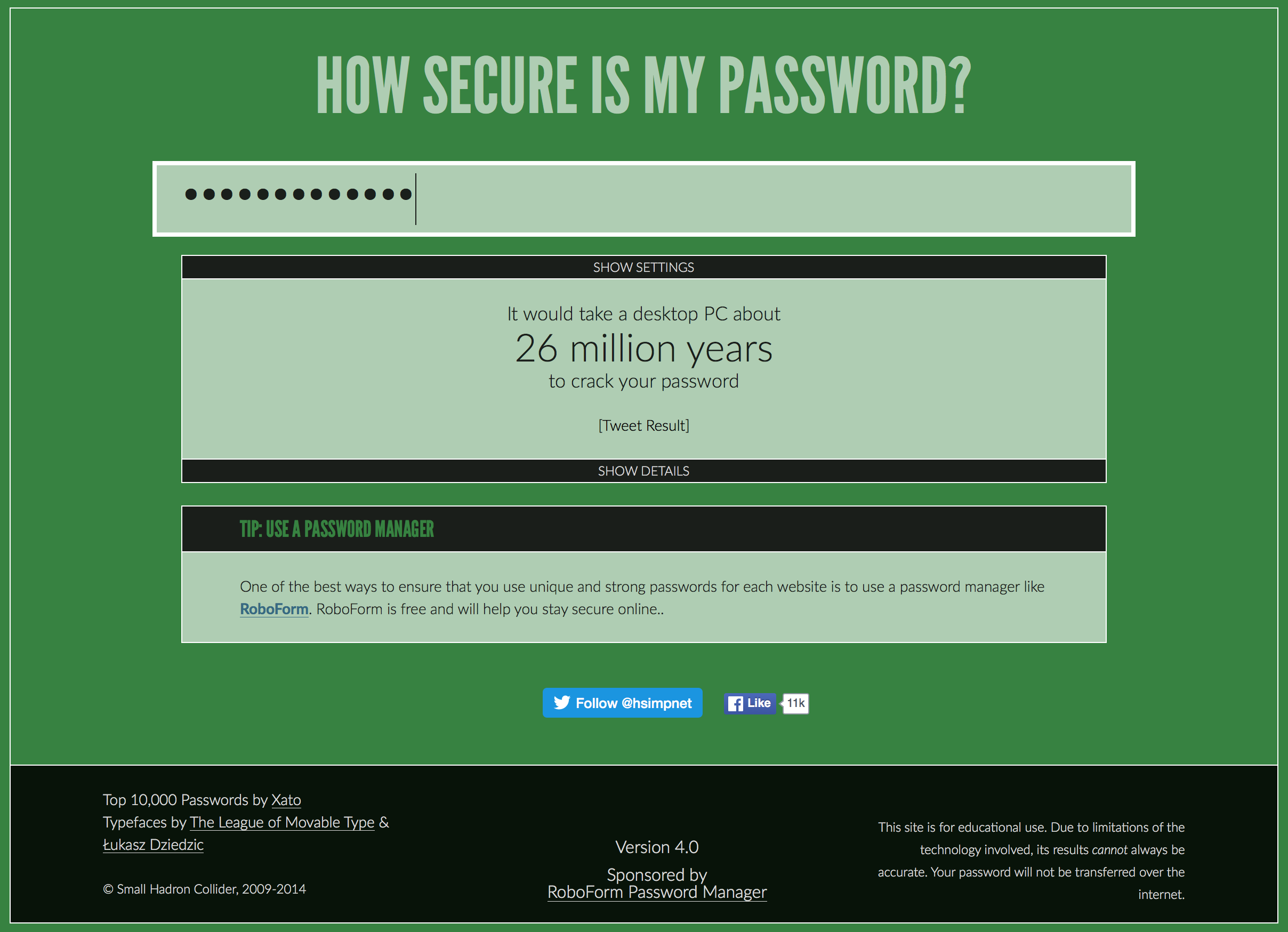Category Archives: Society
Why Not?

I know people are mocking this, but my opinion is “who am I to judge?” If anything, I’m surprised it has taken so long.
The idea of virtual or holographic companions has been the stuff of science fiction for some time now. Cortana from Halo is one of the most well known, and now one of the most well-realized in her (its?) implementations within the Windows ecosystem, and the movie Her expanded on this very idea in a very moving and relatable way, presenting it as an evolution of society and technology that are merging closer and closer together. Of course, we can’t forget about Siri who, in fairness, was doing it to us first. And they’re hardly the only ones.
So now, a company called Gatebox has developed a sort-of holographic companion (it uses rear projection, a common technique for pseudo-holograms) that can act as a regular virtual assistant, however this one can be more…personal and adds a visual component that we haven’t seen before. It sounds unnerving at first. Taking on the appearance of an anime-inspired girl named Azuma Hikari, and living in a tank on your desk, she can provide not just assistantship, but companionship as well.
That’s right, for around $2,700 she will remind you of important events and dates and appointments, but she has been imbued with her own dreams and desires, hopes and wishes, just like a person. She’ll send you text messages, ask how your day was, tell you about herself and her thoughts. She can turn on lights and appliances, and connect to the Internet and talk about the weather or events or sports, or whatever else you’d like.
Most, but not all, articles talking about it have mocked it and its development, but I just can’t criticize it. it’s for release in Japan with no North American or European release in sight, and in my opinion that speaks to the Japanese culture, one of which I am very fond, but they dedicate themselves so much to work and school that there is little time for investment into personal relationships. This was designed and developed in part as a response to that, to give (generally) men who would otherwise be wanting for companionship a way to have someone with whom they can interact. People have pets for that very reason, so if someone doesn’t mind a holographic anime girl, then why not?
Perhaps there will even be additional characters. Maybe a snarky robot, or imp, or angry Australian guy, or a long-haired heavy-metal fan who converses in the same vernacular as I, or a sentient toaster; the possibilities are endless. For many of us, something like this would be a pure novelty, but if someone is genuinely lonely, or perhaps has an aversion to crowds or social spaces, or simply doesn’t have the time currently to invest in relationships, then I can’t find fault. If there is a demand for this type of technology, then as I said before, why not? Who am I to judge?
I genuinely encourage you to visit their website, it’s actually well-designed and gives you an almost first-person view of the device. I’m strangely interested in where this technology goes, and what its development says about us as people and a society.
Here’s the promo video. Make your own judgement.
Public service announcement

Reading an article on Destructoid of all places, I was made aware of a bizarre situation involving video cards, and thought I would pass it along here.
NVidia recently released a powerhouse graphics card known as the GTX 1080. Before this card, their flagship was the Titan, a very powerful card that ran about $1000. The new 1080 is significantly faster, quieter, and most importantly, much cheaper at around $699. That’s still a lot, I know, but it’s a beast of a card. I have one in my office machine, which is beyond overkill. I can run Word documents So fast!
New ransomware method to worry about

(Header image credit: makeuseof.com)
Over on security blog Bleeping Computer, there is a post about a new type of ransomware that presents a triple threat. Known as RAA, what makes this one different is that instead of using an .exe attached to an email which would pop up an alert when a user tried to run it, this one is written entirely in JavaScript, a language often used to encode and provide functionality for web pages, and if a user runs something written in JS it likely would not pop up any alerts, and the damage would be done before you knew it.
Enjoy the Internet while you can

This has been in the cards for a long time, but ICANN, the Los Angeles-based organization that has its fingers in many aspects of how the Web operates, will no longer be managed by the United States, but – according to this article in the Washington Post – by “an international body made up of technologists, businesses, governments and public interest advocates.”
This is a mistake. While I don’t have an inherent problem with a nebulous international body overseeing the continued development of the operation of the Web, what I DO have a problem with is that this will allow oppressive regimes who have no interest in freedom of expression or the open standards and ideas that the Web is built upon, and they could very well turn back the Internet clock, as it were.
I’m not being facetious when I say this could change the way the Web works forever. It could cease being the glorious, anachronistic Wild West that it always has been, and instead be regulated according to the demands of those who wish to stifle it and the free exchange of information it represents. Some governments, who have expended huge amounts of money and effort to limit what their citizens can see on the Internet, have been salivating over this moment for decades; we can all imagine why.
You’ll notice on page six of the transition assessment (.pdf here) states “This model encourages all parties—including businesses, technical experts, civil society, and governments—to participate and to reach consensus through a bottom-up process.” The problem is, governments will have ultimate decision-making capabilities and will overrule other stakeholders. I’m astounded there is not more attention being paid to this, or that the news isn’t covering it and, frankly, that people aren’t rioting. If they’re so willing to riot over the G20, which is *also* a multinational gathering – why not this? We should be very careful about who has influence over the future growth of the Web.
So enjoy the Web while you can, it could be changing soon.
Designer Prosthetics

Everyone who knows me knows I’m big on design, a proponent of the interdependence of form and function. Strict utilitarianism just doesn’t move me, or anyone else for that matter. Working well and looking good are not mutually exclusive, and if something achieves both goals then that’s a triumph of both form and function.
Now, we’re seeing design principles applied to the development of prosthetics, and it absolutely beautiful. The latest example I’d like to present is form a company called Open Bionics, who is making prosthetics that are not only especially functional, but easy on the eyes as well.
We can even bypass the neat prosthetics they make for kids that are modeled after superheroes or movie characters. You can see in the image below they have designs from Iron Man, Disney’s Frozen, and Star Wars. What’s really significant about designs like these is not that the designs themselves or even that they can be applied in such an interesting way, but that kids who are missing a limb are no longer the target of teasing or ridicule because of their condition, but rather a source of interest and awe, perhaps even some envy of the other kids. How the times have changed!
Better change your passwords

Seriously. I’m not just telling you this because it’s World Password Day (it is, though, and I don’t know what Betty White has to do with anything). I’m saying it because it has come out that a security pro at Hold Security discovered an absolutely massive theft of usernames and passwords from Russia’s largest email provider, mail.ru, about 275 million stolen records. Not only that, there was a significant amount of credentials stolen from Gmail, Hotmail, and Yahoo account holders as well. Incidentally, many reports are saying ‘Microsoft’ instead of ‘Hotmail,’ which is a Microsoft property, but they also have Outlook which hasn’t, as far as I can figure out, been hit.
Most surprising of all, even more than the fact this is one of the largest theft of electronic records in history, is that the teenage hacker who acquired them was willing to sell the whole multi-hundreds-of-millions record lot for the grand sum of $1. But wait, there’s more! The hacker was discovered via his bragging of the theft in an online hacking forum, and when the Hold Security employee who engaged offered to leave positive feedback for the hacker, the price was dropped to free. That’s right, free for the mere quid pro quo of a positive review.
Off topic, but that touches on the concept of what is known as the reputation economy, in which someone’s actual worth depends on what others say about them in public and think about them in private. You can read more about it here.
It’s no secret people use bad passwords all the time, and reuse them over and over for multiple functions and sites. Don’t do that! Use a passphrase – in class just today, my students suggested ‘sheturnedmeintoanewt,’ a line from Monty Python and the Holy Grail, which turns out to be a perfect passphrase. It’s long, complex, yet easy to remember. Plus, it would take 16 BILLION years to crack! How do I know? Because we plugged it into howsecureismypassword.net, and that was its estimate. Even if it’s off by a billion years or so, that’s still pretty good. If we capitalize just one letter, the ‘n’ in newt, it jumps up to 17 quadrillion years. This isn’t the be-all end-all for accurately determining password strength, but it’s a good estimator.
If you’d like to use a different password for each site or service, but are worried about keeping track of them all, you can use a password manager like KeyPass to manage them all. Some password managers even enter the passwords for you. I don’t know how I feel about that personally, but it is easier. Beware, password managers often have a master password and if you lose or forget that, you are screwed – you’ll be resetting passwords forever.
Everyone knows I hate passwords and especially the policies that go along with them, and I hope the scourge of passwords is one we can raze from this earth in the very near future, replaced with something more robust – but not 100% foolproof – like biometrics (fingerprint scanners, for example). Until then, just remember: It’s only a flesh wound.
The end of a Vegas institution?

Back around 2012, at UNLV, I taught a course titled “The Business and Technology of the Video Game Industry.” It covered a whole lot of history, from early board games played by ancient civilizations (Go, Royal Game of Ur, Mancala, Senet), as well as the history of digital gaming from Willie Higginbotham’s Tennis for Two at Brookhaven National Laboratory, to Atari and the forming of Activision, through to today.
We also talked about pinball. We talked about its image as something rebellious, highlighted by it being the anchor of the Who’s epic movie, Tommy, and its portrayal in popular media as the cause of all evil, to the implosion of the industry against the competition of home video game systems.
On the last day of the class, we took a field trip to the Pinball Hall of Fame and Museum, a stalwart icon of Vegas, and a non-profit museum that donates hundreds of thousands of dollars annually to good causes. You could even intern there to learn the art of repairing and maintaining pinball machines. I gave everyone one dollar to be sure they could try at least one machine, but of course they were welcome to spend their life savings if they so wished. It is Vegas, after all.
The museum is a wonderful place. Sometimes dark and quiet, but often ringing with the glorious electronic sounds of pinball as well as the familiar noises of classic arcade machines, from Pac-Man to Asteroids and beyond. There’s even air hockey and some dancing puppet machines.
And a couple of days ago, I learned it may be closing for good. Owner Tim Arnold, who has repaired some of my own pinball machines including the very difficult to maintain Bride of Pinbot suffered a heart attack a few years ago and is now looking for osmeone to take over. But there are caveats, hoo boy are there caveats – you have to be able to repair the machines, and because it’s a non-profit you have to work for free.
If you were paying a million dollars a year you’d still have trouble finding someone with the skillset to repair those machines; their electro-mechanical nature and the fact that neither they nor their parts are manufactured anymore makes them very challenging to maintain.
If this closes, it will be an immeasurable loss. It is often identified as one of the best off-strip things to do in Las Vegas, and it isn’t that far away from the flashing lights, and anyway, it provides its own. Pinball itself is fast becoming a lost craft, although some companies like Stern still kick out themed machines.
If you have the opportunity, please visit before it’s gone forever. They’re hard to find, but they’re unforgettable to experience. And if by some grace of G-d you’re skilled in pinball repair and willing to work for free, well you should stop by in that case too.
Internet is capitalized!

I always hammer home to my students that the term ‘Internet’ is capitalized if you are referring to the global network we all know and love. One of my students sent me an email earlier today asking if that was still necessary, since apparently the Associated Press Stylebook will no longer make that requirement, as announced in a tweet (which is not capitalized. At least, not yet).
We will lowercase internet effective June 1, when the 2016 Stylebook launches. #ACES2016 pic.twitter.com/nGz63zc5YP
— APStylebook (@APStylebook) April 2, 2016
They are wrong. Internet is a contraction of the terms ‘interconnected’ and ‘network;’ you can have *an* internet, or you can be talking about *the* Internet. The latter is a proper noun, distinguished from other internets, and should be capitalized. It’s disheartening to see that a well-regarded guide like this is being so misguided.
Of course, they also use ‘lowercase’ as a verb, so I think it’s time to find another style guide.
And while we’re at it, ‘GIF’ is pronouned with a hard ‘G!’ It’s not peanut butter.
Conquering some Psychonauts of my own.

(Crossposted to theexperiencebar.com)
Now here’s a story for you. I was cleaning up my desktop the other day, removing all the now-unnecessary detritus that piles up over the span of a few months – in this case an academic quarter – in the form of icons, folders, file fragments, installers, you know the sort of thing, when I discovered a folder filled with screenshots simply titled ‘Psychonauts.’
It took me a minute to remember why this folder was here, and then I recalled that I had purchased it during a Steam sale, adding it to the 150+ backlog I already had, but this was no ordinary purchase, and this was no ordinary game. It was a test.
I know what you’re thinking: “Uh, Psychonauts was released in 2005. On the Original Xbox. You’re just getting around to it now?” Well, yes and no. You see, completing it wasn’t just a game achievement for me, but a personal one as well. I’ll address that in a moment.
I don’t know why I bother

SplashData has, as they are wont to annually do, released their list of the worst passwords of 2015. Definitely look at the link, there’s lot of additional information there regarding how dumb we are when it comes to this. Want to take a guess which terrible password takes the top spot? That’s right, 123456. Anyone suprised? Anyone? No? Frankly, if that’s your password, you deserve whatever happens. Not to be all alone, other number-based passwords made the list as well, including 12345678 and 123456789. Other idiotic passwords include qwertyuiop, login, and passw0rd. That last one is especially offensive, as though the person thinks they are pulling a fast one by having a zero instead of an o. They’re in for an unpleasant surprise.
I used a different header image than I originally had intended, one that showed the bad passwords from 2014. They’re generally the same as last year, but I ended up not going with it because it was redundant considering the list below, but the original version of this post still referenced it. So I made a fun edit, and instead I found the Facebook post used in the header which – although I sincerely hope it’s fake – really very much hope that it is fake – shows how gullible people can be. If it’s real, I wouldn’t at all be surprised. Now hold on while I allow a Nigerian prince access to my bank account.
There are some passwords on the list that are less offensive, as though the person tried, including dragon and starwars, but geez oh man, at least throw a capital letter or exclamation point or something in there, even the passw0rd people up above did that. If you really need to make a strong password, remember a sequence of at least four random words is the best alternative, and hopefully one day passwords will go the way of the dinosaurs and disco (although I do love disco), and we can switch to things like biometrics full time. Here’s the full list, pasted from Cnet:
1 – 123456 (unchanged from 2014)
2 – password (unchanged)
3 – 12345678 (up 1)
4 – qwerty (up 1)
5 – 12345 (down 2)
6 – 123456789 (unchanged)
7 – football (up 3)
8 – 1234 (down 1)
9 – 1234567 (up 2)
10 – baseball (down 2)
11 – welcome (new)
12 – 1234567890 (new)
13 – abc123 (up 1)
14 – 111111 (up 1)
15 – 1qaz2wsx (new)
16 – dragon (down 7)
17 – master (up 2)
18 – monkey (down 6)
19 – letmein (down 6)
20 – login (new)
21 – princess (new)
22 – qwertyuiop (new)
23 – solo (new)
24 – passw0rd (new)
25 – starwars (new)
Incidentally, if you think you have a pretty robust password, and want to test if you really have the goods, you can go to howsecureismypassword.net and see. The site is legitimate, I promise, it’s not stealing your credentials or anything like that, and it will show you how strong your password really is. Here’s mine – I’ve got the process down.




